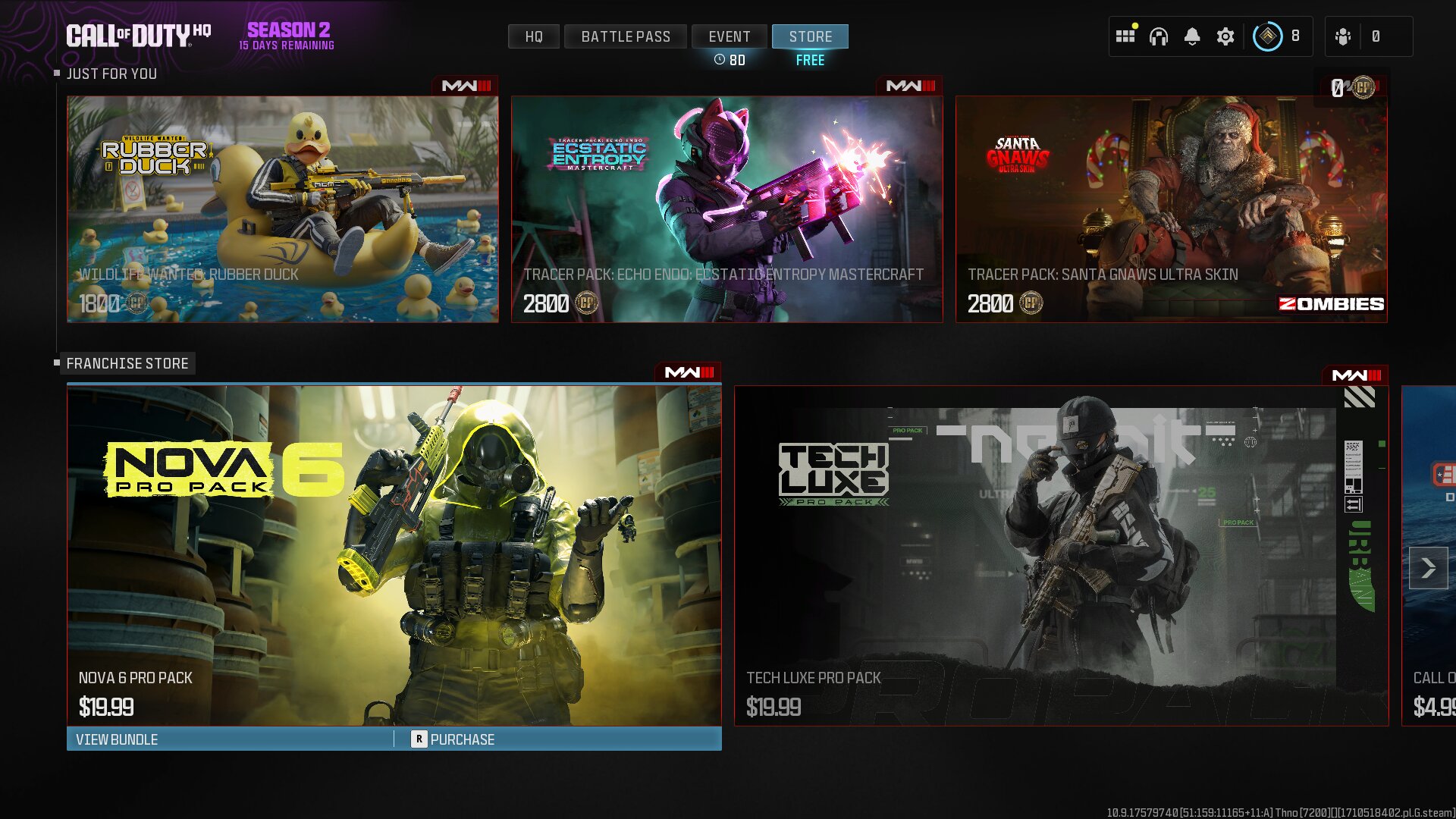- Modern reward systems encourage players to spend as much time playing games as possible.
- These rewards range from cosmetics, XP boosts, and limited-time items.
- Games like Call of Duty and Fortnite thrive because players continue to engage with these rewards through battle passes and microtransactions.
Battle passes, for better or for worse, have become a prominent part of modern monetization. Because of how such reward systems are designed, they’ve evolved from simple bonuses into major hooks.
Whether it be a skin, XP boost, or exclusive emote, these rewards keep gamers coming back for more, and this is why many games are practically built around these systems today.
Why it matters: Many are of the belief that battle passes need to be abandoned due to their popularity in the AAA gaming industry.
Different Types of Incentives

Over two decades ago, gaming rewards typically ranged from hidden levels or cheat codes. However, games today offer daily login streaks and tiered battle passes, completely altering how gamers are rewarded in the modern era.
For instance, many players stay hooked on Fortnite due to the constant loop of earning new battle pass tiers, seasonal skins, and more. Unfortunately, these battle passes need to be purchased with real-world money, and many gamers are now choosing more flexible routes instead of traditional credit cards for such purchases.
Curious gamers can explore the likes of Eneba – Razer Gold card deals. These deals make it incredibly easy to unlock premium content in games in a safe manner.
The Psychology Behind The System
Reward loops take advantage of human psychology in very calculated ways. Random rewards, much like gambling, lead to dopamine spikes that get players hooked. Meanwhile, fixed rewards provide a similar sense of accomplishment without the randomness.
These systems tap into the human brain’s love for progression, mastery, and collection. Moreover, cosmetic rewards that do not typically impact gameplay are seen as status symbols, especially if they go away after a limited time.
Publishers and developers make full use of these factors when designing rewards that keep players hooked in the long term.
Social Pressure And Prestige

Those who are dedicated players of specific games can also feel pressured into buying skins and attempt to earn rewards due to FOMO. Because certain skins become synonymous with aspects like skill and dedication, players may feel left out if they don’t own said items.
On the other hand, players who already have said skins are likely to brag about them and show them off, further encouraging others to follow suit.
Is It Still About Fun?
Unfortunately, it’s difficult to say whether these systems are truly designed to reward players as opposed to exploiting them. Players are also becoming aware of the reality of such monetization and rewards, so most people are more selective with their purchases.
In fact, games like Battlefield 6 seem to be skipping skins that don’t go along with the core themes altogether.
However, for those still willing to commit to the purchase, digital marketplaces like Eneba stand out as solid options for tools like Razer Gold cards.
Thank you! Please share your positive feedback. 🔋
How could we improve this post? Please Help us. 😔
[Senior News Reporter]
Avinash is currently pursuing a Business degree in Australia. For more than 5 years, he has been working as a gaming journalist, utilizing his writing skills and love for gaming to report on the latest updates in the industry. Avinash loves to play action games like Devil May Cry and has also been mentioned on highly regarded websites, such as IGN, GamesRadar, GameRant, Dualshockers, CBR, and Gamespot.




